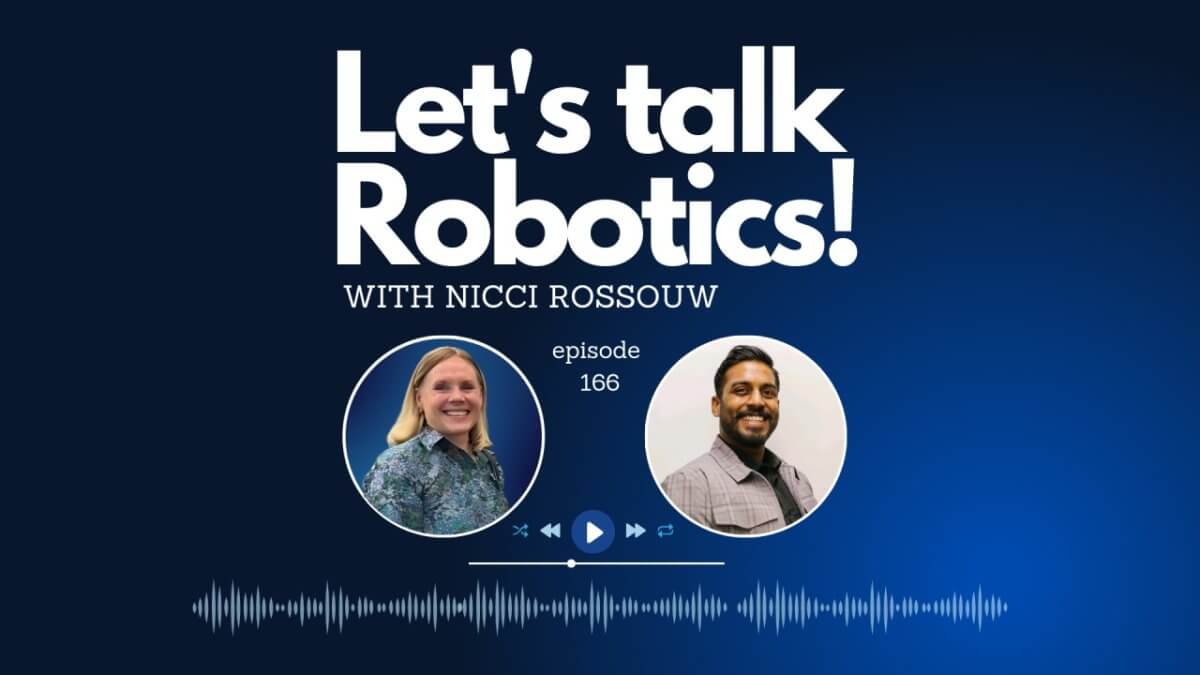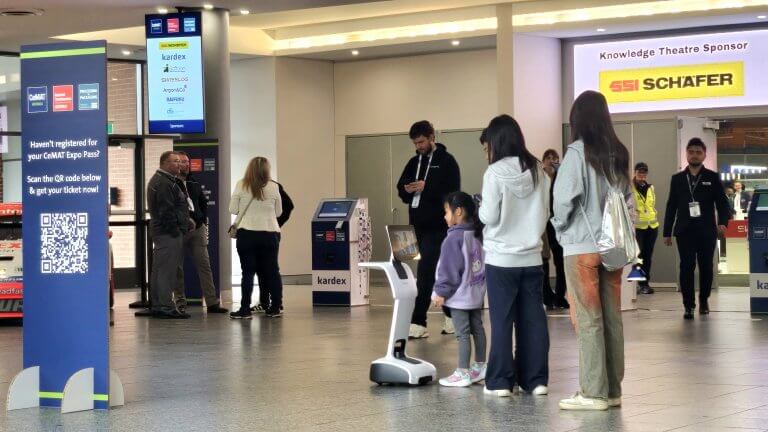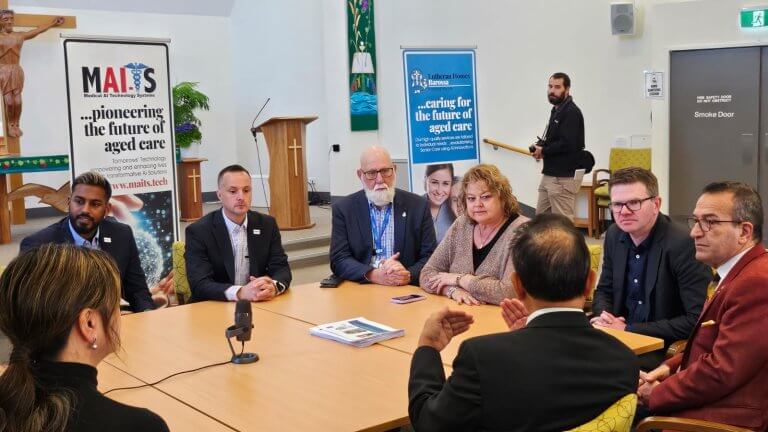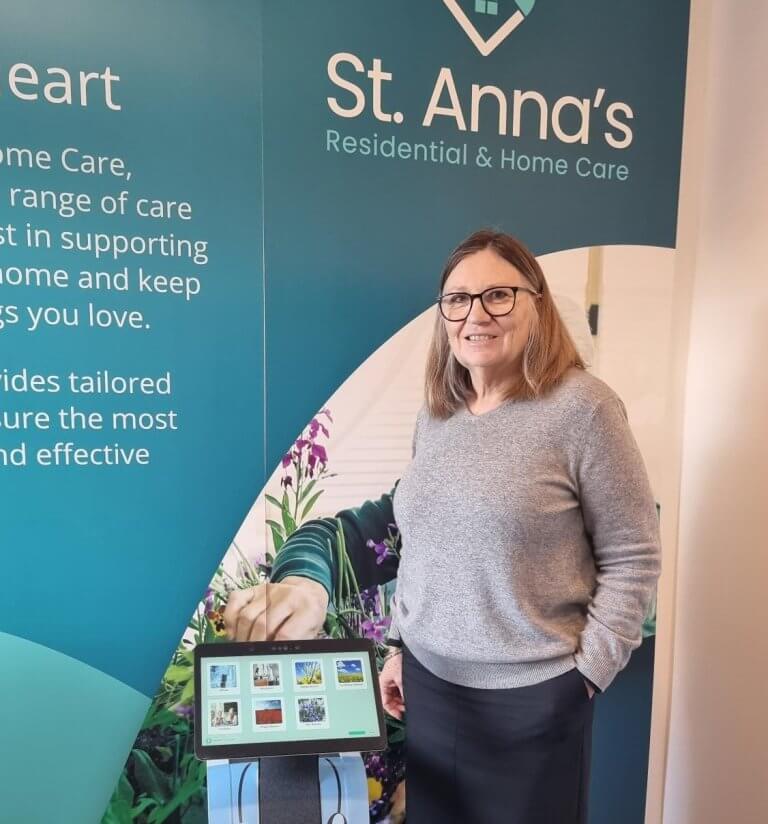Suresan Rajandra, Global Head of Robotics and Incident Management at Omni-Health, appeared on a podcast hosted by Nicci Rossouw, CEO of Robotics Australia Group.
Nicci, a thought leader in robotics technology and human-robot interaction in workplace settings, leads the not-for-profit organisation that connects and advocates for Australia’s robotics community.
Their discussion centred on Suresan’s work with temi robots and other robotic solutions across Australia, particularly in healthcare and aged care settings.
The Challenge Facing South Australia
During the podcast, Suresan outlined the reality facing healthcare facilities in South Australia: staff shortages, growing demand, and the constant pressure to maintain quality care.
“Robots should handle routine tasks so our healthcare workers can provide direct patient care and make important decisions,” he explained.
Nicci agreed, noting from her experience in the robotics community that successful implementations happen when technology enhances human capability rather than trying to replace it.
The conversation turned to practical implementation. Suresan shared insights from Omni-Health’s work across other facilities in South Australia, describing a process that starts with understanding actual needs rather than jumping straight to technology.
“We begin by identifying the 5 most time-consuming routine tasks in a facility,” Suresan told Nicci. “Then we assess whether the physical environment can actually support robotic solutions.
Many facilities have great intentions but haven’t considered basic factors like doorway widths or floor surfaces.”
From there, both agreed that starting small makes sense. Suresan described running proof-of-concept projects in single areas before expanding, allowing teams to build confidence and work out practical issues.
Training came up as a critical factor. As Nicci pointed out from her work with the robotics community, different staff members interact with robots differently. Suresan’s team has developed training programs for care workers, operations staff, and managers that address their concerns.
“The goal isn’t impressive technology,” Suresan emphasised during their discussion. “It’s reliable task completion that genuinely helps your team.”
Both speakers highlighted what they’ve seen work in successful implementations: including staff in planning from the beginning, defining specific tasks robots will handle, maintaining ongoing technical support, and monitoring performance regularly.
Nicci’s perspective from the broader robotics community reinforced Suresan’s observations. Facilities that succeed focus on their actual problems rather than the technology itself.
Their conversation concluded with observations about the growing adoption of robotics in South Australian healthcare. Both see momentum building, but stress that success comes from starting with clear goals and proper support.
For healthcare leaders considering robotic solutions, Suresan’s advice from the podcast was simple: start with your needs, not the robots.

Omni-Health is authorised to promote and sell temi robots across Australia, providing total support from initial assessment through ongoing maintenance.



